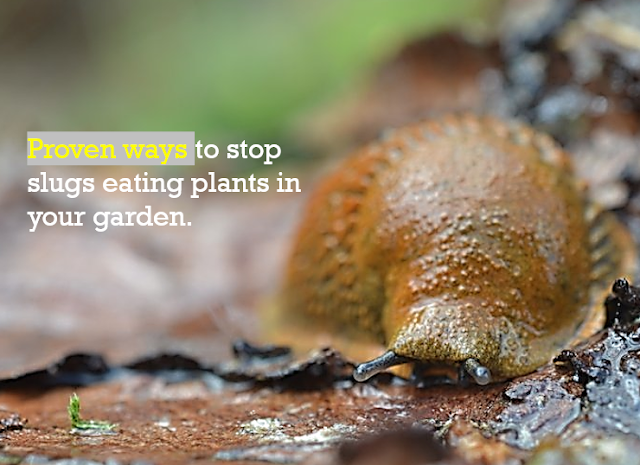Gardeners in the UK are no strangers to the problem of slugs eating their plants. This article will explore science-backed methods to keep slugs away from your garden and protect your plants.
Science-Backed Ways to Keep Slugs Away
Natural Predators
Encouraging natural predators like hedgehogs, birds, and frogs in your garden can help keep slugs away.
Creating habitats for these predators, like log piles or ponds, can help attract them to your garden.
Barriers: Stop Slugs from Eating Plants
- Copper Tape: Copper tape is an effective barrier to slugs as it gives them a mild electric shock when they come into contact with it. Applying copper tape around the base of pots or raised beds can help keep slugs away from your plants.
- Sand and Gravel: A layer of sand or gravel around your plants can make it difficult for slugs to move across, helping to keep them away from your plants.
- Eggshells: Crushed eggshells can act as a barrier to slugs, as their sharp edges can cause discomfort to their soft bodies. Sprinkling crushed eggshells around the base of plants can help keep slugs away.
- Coffee Grounds: Coffee grounds have been found to repel slugs, as the caffeine content can cause them harm. Sprinkling used coffee grounds around the base of plants can help keep slugs away.
- Garlic wash: Strong smell of garlic also repels slugs. Be sure to make up some garlic wash and start applying generously every week. This is so important as your plants in the greenhouse and garden start shooting through.
For more home & gardening ideas, check out out website, click here
Repellents: Stop Slugs from Eating Plants
- Homemade: Some homemade repellents like garlic spray, vinegar solution, or soapy water can help keep slugs away from your plants. These can be sprayed directly onto the plants or around the base of the plants.
- Commercial: There are also several commercial repellents available in the market, like slug pellets or copper mesh. Before using any commercial repellent, make sure to read the label carefully and follow the instructions.
Visit our sales page to see the list of UK suppliers of commercial repellents.
How to Stop Slugs from Eating Plants
There are several science-backed methods to keep slugs away from your plants in the UK.
Encouraging natural predators, using barriers like copper tape or eggshells, and using homemade or commercial repellents can all be effective ways to protect your plants.
Don't let slugs ruin your garden, try these methods today


